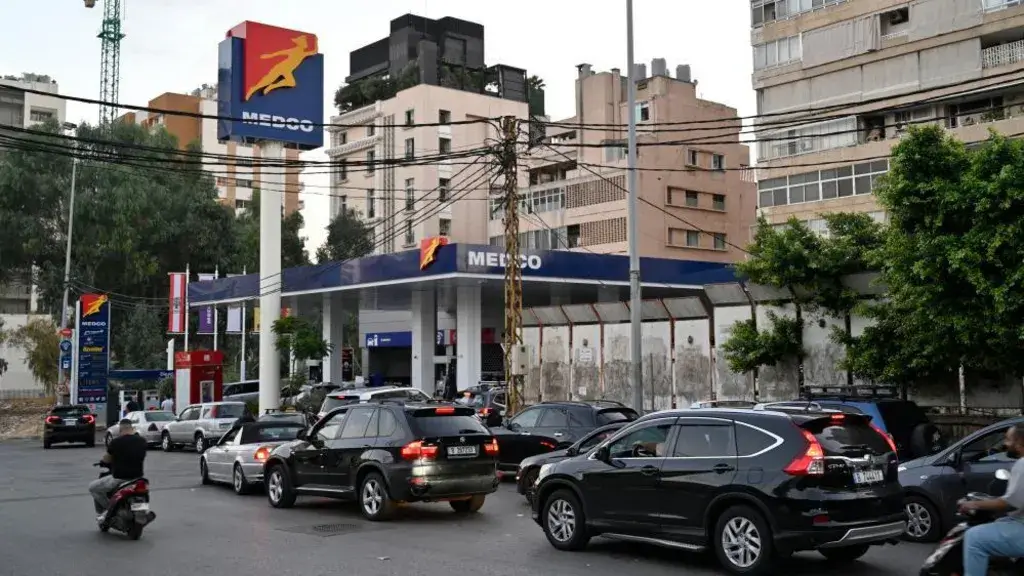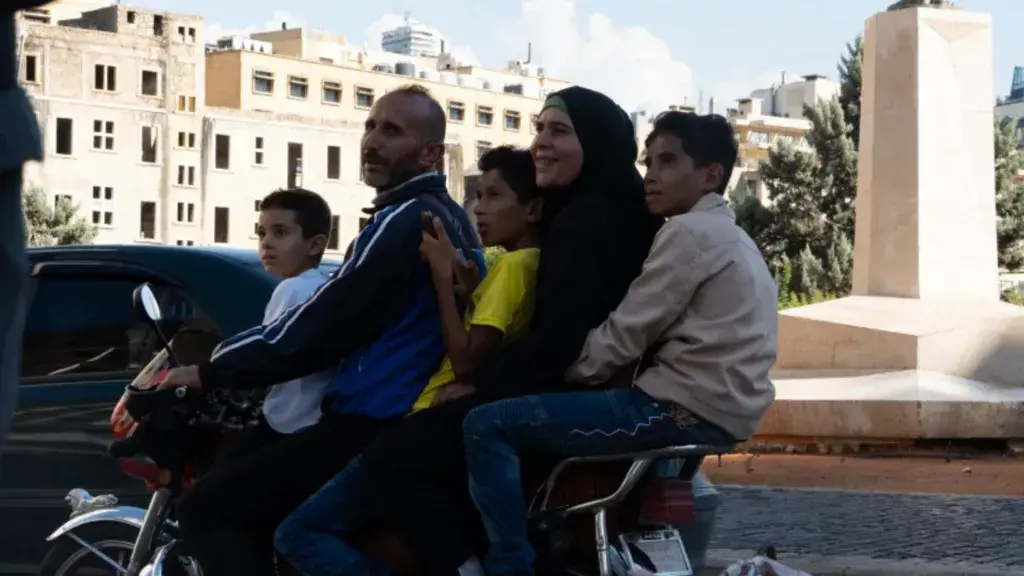Lebanon we Just Had to Flee: Tension and Fear Under Israeli Bombardment 2024
In southern Lebanon, fear is becoming a daily routine. Families are packing whatever they can grab—hopping in cars, trucks, even motorcycles—and heading north as Israeli airstrikes hit Hezbollah-linked targets. The once peaceful coastal highway leading to Beirut is now a clogged artery of despair, with families desperate to escape the chaos that has enveloped their hometowns.
For those in southern cities like Nabatieh and Tyre, where the bombardment has been relentless, it’s hard to know where safety lies. Even in Beirut, miles from the frontlines, fear has spread like wildfire, fueled by the cold military logic of conflict. Let’s take a closer look at how everyday life in Lebanon has been turned upside down in the wake of escalating violence.
A Morning of Fear: Residents Wake Up to Bombardment
Zahra Sawli, a student in Nabatieh, recalls the moment her life was violently interrupted.
“I woke up at 6 a.m. to the sound of bombing. By noon, it was just constant,” she told the BBC. “There was glass shattering everywhere.”
While many tried to flee, Zahra stayed indoors, paralyzed by fear. “Where would we go? A lot of people are stuck in traffic; my friends are still out there, trapped.”
It’s a choice no one should have to make—stay inside and hope the walls hold, or risk the roads where danger is everywhere. But for many in southern Lebanon, that’s the grim reality.

Exodus to Beirut: Fleeing Families, Clogged Roads
By mid-morning, roads leading to Beirut were jammed with cars, motorcycles, and even families on foot. Images from the southern city of Tyre show people walking along the beach as smoke from airstrikes clouds the horizon.
One family of five, too exhausted for words, arrived in Beirut on a single motorbike. They were from a village in the south, their destination: Tripoli, a city far to the north. The father’s words captured the helplessness many feel: “What do you want us to say? We just had to flee.”
Schools Become Shelters, Hospitals Brace for Casualties
As waves of evacuees flood Beirut, the government has quickly converted schools into makeshift shelters. A public school in Bir Hasan, west Beirut, was hastily stacked with mattresses, awaiting people fleeing from the Bekaa Valley, another Hezbollah stronghold now under Israeli bombardment.
Hospitals in Lebanon, already struggling under economic collapse, have been ordered to cancel elective surgeries to brace for an influx of war casualties. Long queues have formed at petrol stations, with people trying to gather fuel for generators and transportation.
Read more: I hate Trump, she likes him – we both think he staged assassination attempts
Nowhere Feels Safe: “Where Should We Go?”
Mohammed, a Palestinian man fleeing with his wife, summed up the collective sense of dread that now grips Beirut. “In Lebanon, nowhere is safe,” he said, pausing to gather his thoughts. “Israel says they’re going to bomb everywhere. Now they’re threatening our neighborhood. Where should we go?”
For those who haven’t fled, fear is their constant companion. Parents are rushing to schools, pulling their children from classrooms after hearing rumors of impending strikes.
One father, Issa, spoke to Reuters as he collected his son: “[We’re here] because of the phone calls. They’re calling everyone and threatening people. The situation is not reassuring.”
Defiance Amid the Chaos: “If Total War Happens, We Should Stand Together”
Amid the chaos, some remain defiant, determined to stand firm no matter what comes next.
“If a total war happens, we should stand as Lebanese people together, regardless of our political affiliations,” one man told the BBC. “At the end of the day, our country is getting bombed.”
Yet others, like Mohammed Sibai, a shop owner in Beirut, have resigned themselves to the reality of war. “If they want war, what can we do? It was imposed on us.”
Mohammed, a 57-year-old from Dahieyh, Hezbollah’s stronghold in southern Beirut, has lived through more conflicts than most. “I’ve survived all the wars since 1975,” he told the BBC, almost casually. “This is normal for me. I will not leave.”
A Nation on the Brink: What Comes Next?
As the conflict escalates, Lebanon seems caught in a familiar cycle—resilience mixed with resignation, fear overshadowed by defiance. But even as the bombs fall, the question remains: What’s next for the country? Will more families flee to the north? Will Beirut become the next battlefield? And most importantly, will the people of Lebanon find a way to survive this latest chapter in their long history of conflict?
For now, many are simply trying to stay alive, with no clear sense of what the future holds. But one thing is certain: as long as the bombardment continues, life in Lebanon will remain a desperate balancing act between survival and hope.





